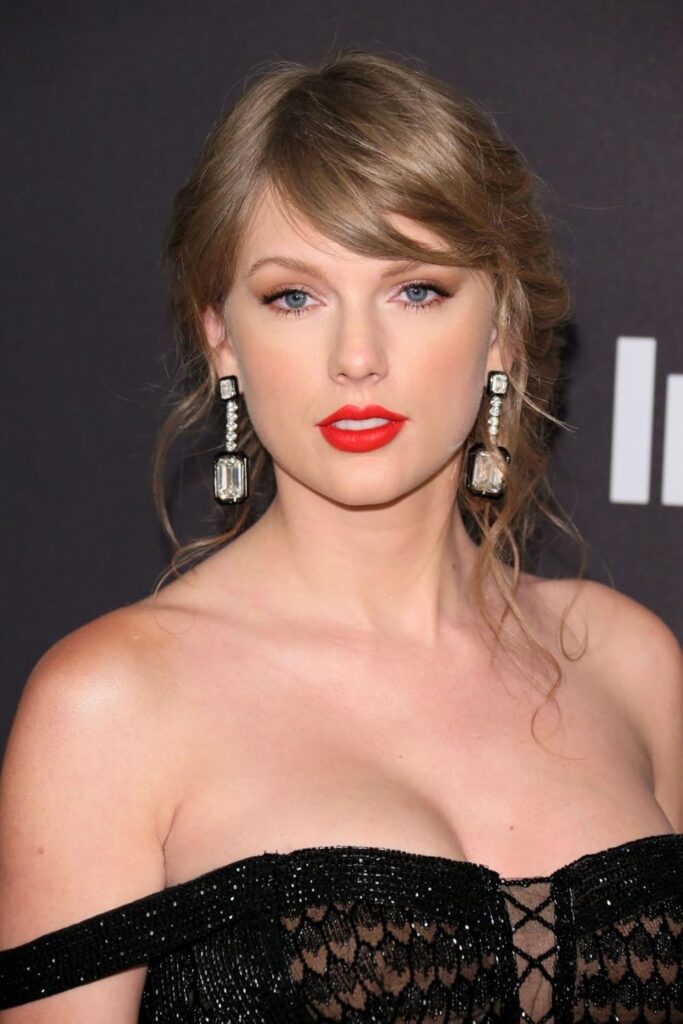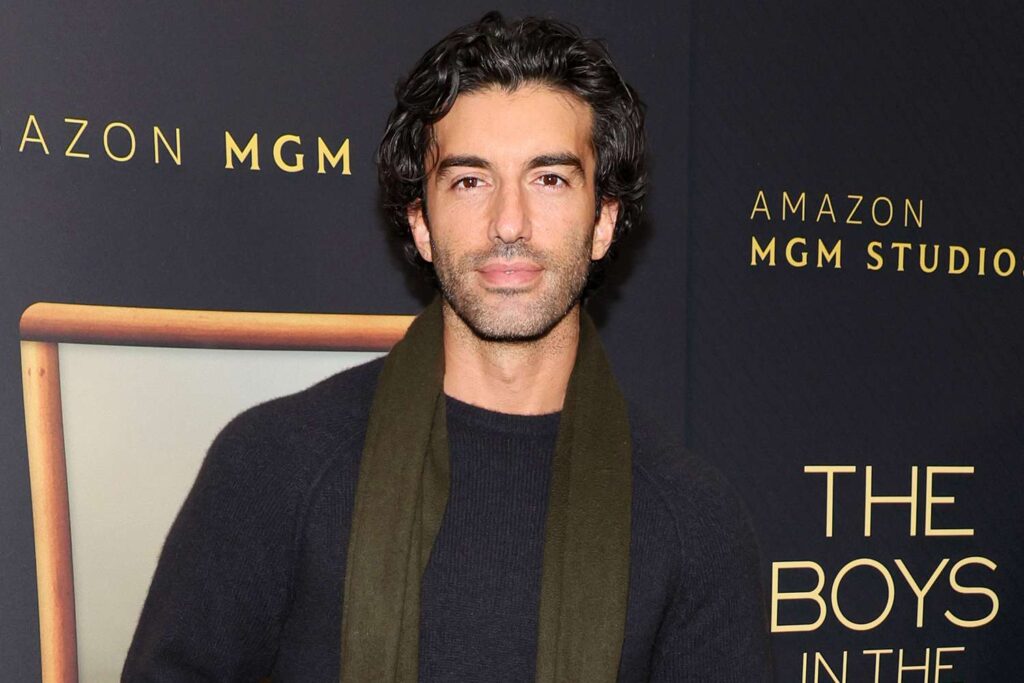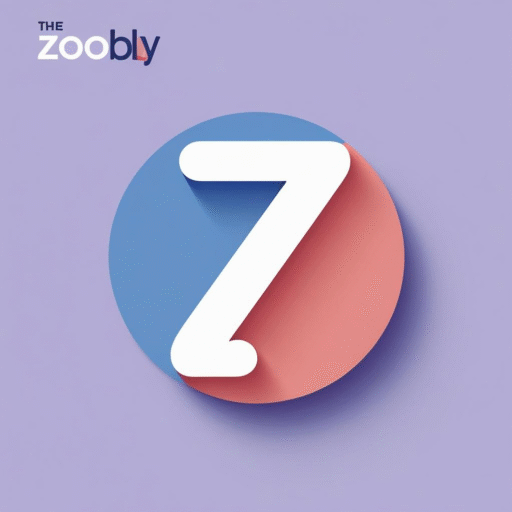


In a twist worthy of a Hollywood screenplay, Taylor Swift has been unexpectedly drawn into the explosive legal battle between Blake Lively and Justin Baldoni—two stars of the 2024 film It Ends With Us. What began as a workplace harassment lawsuit has now spiraled into a media spectacle, with Swift’s name surfacing in court filings, subpoenas, and heated legal exchanges.
The Backstory: Lively vs. Baldoni
Blake Lively filed a lawsuit in December 2024 accusing Baldoni—her co-star and director—of sexual harassment and orchestrating a retaliatory smear campaign after she raised concerns about workplace conditions. Baldoni denied the allegations and countersued for defamation, dragging Lively’s husband Ryan Reynolds and close friend Taylor Swift into the fray.
Why Taylor Swift?
Swift’s only official connection to It Ends With Us was licensing her song “My Tears Ricochet” for the soundtrack. She had no role in casting, production, or creative decisions. Yet, Baldoni’s legal team claims Swift was present during key conversations about the film’s rewrites and workplace dynamics—prompting a request for her deposition.
Lively’s attorneys argue that Baldoni is using Swift’s name as part of a “relentless media strategy” to generate headlines rather than uncover facts. Swift’s team, meanwhile, insists she never agreed to testify unless legally compelled—and only after October 20, due to her album release commitments.
Texts, Timelines, and Tensions
Court filings reveal that Baldoni referenced Swift and Reynolds in texts to Lively, suggesting their influence over script changes. Lively reportedly joked about being “Khaleesi” with Swift and Reynolds as her “dragons”—a metaphor that now reads more ominously in light of the legal fallout.
Judge Lewis J. Liman has allowed Baldoni’s team access to certain texts between Swift and Lively, which could be pivotal in establishing context around the alleged harassment and retaliation.
Swift’s Album, Public Silence, and Fan Speculation
Swift’s upcoming album The Life of a Showgirl, set to drop October 3, has fueled fan theories that a track titled “Ruin the Friendship” may reference her strained ties with Lively. Swift denied this on Travis Kelce’s podcast, stating the album was recorded before the legal drama erupted.
What This Means for Hollywood—and Swift
This case raises broader questions about celebrity friendships, power dynamics in film production, and the weaponization of fame in legal disputes. For Swift, it’s a reminder that even a licensed song can become a legal landmine when fame intersects with controversy.

